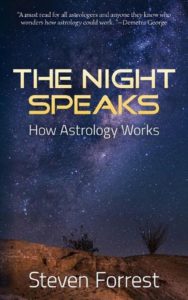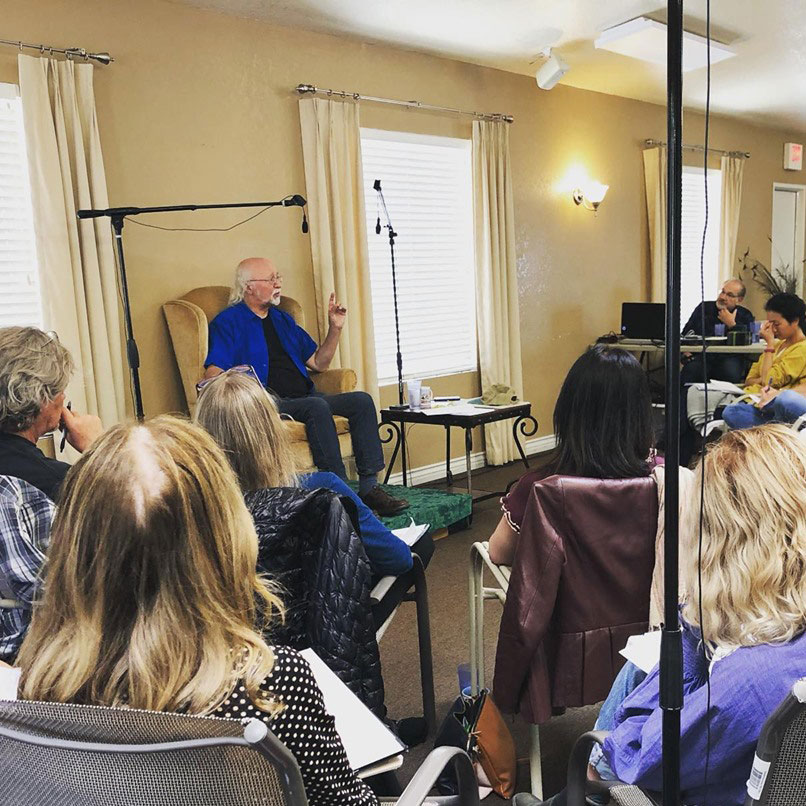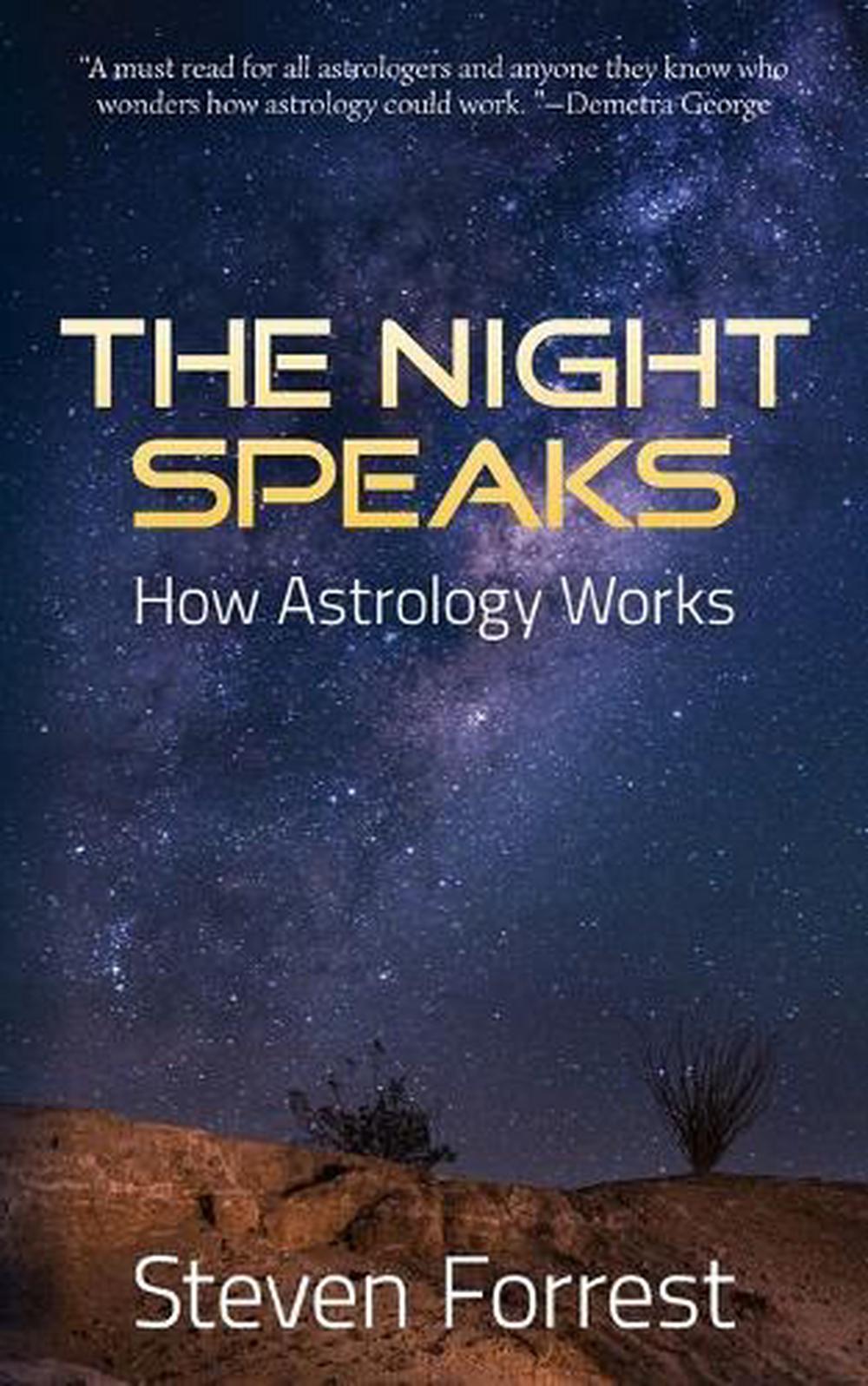Evidence-Based Astrology
Evidence-Based Astrology
Master’s Musings, March 2023
Evidence-Based Astrology
 Astrology’s detractors love to pooh-pooh what we do by rolling out the old canard that there is no scientific evidence for astrology. That is simply not true. There’s actually plenty of evidence for it – but like the evidence for reincarnation, psychic phenomena, unexplained aerial phenomena, and so on, there are always people who would rather ignore the facts than have their pet theory of the universe challenged in any way. For some reason, astrology always seems like catnip for that crowd.
Astrology’s detractors love to pooh-pooh what we do by rolling out the old canard that there is no scientific evidence for astrology. That is simply not true. There’s actually plenty of evidence for it – but like the evidence for reincarnation, psychic phenomena, unexplained aerial phenomena, and so on, there are always people who would rather ignore the facts than have their pet theory of the universe challenged in any way. For some reason, astrology always seems like catnip for that crowd.
If you’re interested, my book 2016 book The Night Speaks explores some of the science behind astrology, both from a statistical perspective and from the physical sciences, where there is plenty of objective evidence of celestial/terrestrial correlations – proof that clams open and close and the bioelectric fields of trees flux, all in response to the Moon’s position, for example.
Of all the statistical studies of astrology, probably the most well-known is the work of Michel and Francoise Gauquelin, done way back in the 1950s. Using thousands of hand-calculated charts, they proved, for one example, that Mars tended to be in more prominent positions in the charts of professional athletes than in control groups of the general population. The Gauquelins soon ran afoul of the infamous CSICOP – the self-appointed “Committee for the Study of Claims of the Paranormal,” which actually attempted to falsify – not disprove, but actually falsify – their robust evidence. CSICOP was caught in the act. One scientist, with a slight degree of hyperbole, called it “the biggest scandal in the history of rationalism.” If you’re interested in that story, have a look at The Night Speaks – or even better, see if you can find the Gauquelins’ book, Birth Times.
 The Night Speaks first came out in 1993. There was a new edition in 2016, but all of the scientific material in it stayed the same as it was in the first edition. The truth of it is that I didn’t have anything more than a cursory, amateur’s interest in the pursuit of a scientific proof of astrology – I was busy enough with other perspectives. But the search for that particular Holy Grail has continued without my help. Hats off to David Cochrane, a former president of ISAR, and a devoted astrological researcher. If you’d like to be up to date with the current state of statistical astrological research, I would encourage you to let David be your doorway. Here’s a good place to start: https://www.astrologer.com/cochrane As you explore that website, you’ll discover that David and his colleagues have found solid evidence of astrological correlations with bipolar disorder and alcoholism, for just a couple of examples.
The Night Speaks first came out in 1993. There was a new edition in 2016, but all of the scientific material in it stayed the same as it was in the first edition. The truth of it is that I didn’t have anything more than a cursory, amateur’s interest in the pursuit of a scientific proof of astrology – I was busy enough with other perspectives. But the search for that particular Holy Grail has continued without my help. Hats off to David Cochrane, a former president of ISAR, and a devoted astrological researcher. If you’d like to be up to date with the current state of statistical astrological research, I would encourage you to let David be your doorway. Here’s a good place to start: https://www.astrologer.com/cochrane As you explore that website, you’ll discover that David and his colleagues have found solid evidence of astrological correlations with bipolar disorder and alcoholism, for just a couple of examples.
I applaud what they are doing. How could I not? They are making new astrological discoveries that can help us help our clients. Undoubtedly, they’ll also knock the stilts out from under some astrological shibboleths, which are rife in our field. We’re a funny mixture of astute human observations along with traditions passed down uncritically over innumerable generations. I mean, do Scorpios and Cancers really get along automatically because there’s a 120 degree angle between them? How true is that, even though you’ll read it in every Sun Sign book? Is Jupiter always lucky? Does the 12th house always bring misfortune?
Astrology is a vast field – a classic “big tent” situation. One of my favorite lines is that I have never met an astrologer who was practicing the second-best kind of astrology that he or she had ever encountered. Naturally we all find the system that works best for us personally and which excites us the most. For me, that’s obviously been evolutionary astrology. For some it’s the historical forms of the craft. And for some it’s the pursuit of irrefutable astrological facts as they emerge in statistical analysis.
Bless us all – but with that enthusiasm and excitement, there often comes partisanship and the desire to make everybody else’s system wrong. I guess that’s what makes the world go ‘round, but that kind of intolerance has never brought out the best in anyone. That’s the main thing I want to address in this newsletter.
I hope that I have made myself clear – I embrace the astrological researchers and I am grateful for what they are doing. As some of you perhaps know, my first (unpublished) book actually was about such a project. Back right after I finished college, I’d been working on a study for the National Institute of Mental Health. In a flagrant abuse of your tax dollars, I was able to sneak-peek a correlation of people’s Sun Signs with their personality profiles. I got statistically significant results in many cases, and I wrote a book about it. In classic Jupiter fashion, the fact that my efforts were never accepted for publication was among “the best things that ever happened to me,” even though it didn’t feel that way at the time. If it had gone to print, I would have been branded as a statistical researcher, and that simply was not my path.
Lately, I’ve heard some scuttlebut…
Lately, I’ve heard some scuttlebutt about a few “evidence-based” astrologers dismissing evolutionary astrology for its alleged lack of an empirical basis. The last thing I want to do is to get into an argument with those people – as I’ve said, astrological researchers have my enthusiastic support. But in what remains of this newsletter, I want to arm you against any such attacks you might encounter.
The first response I would suggest is what I’ve been saying all along – God bless us one and all. We welcome any new evidence or insights into our sacred craft. To all of you evidence-based astrologers, thank you for your hard work. Show us what you’ve got.
Beyond that, let me say that there is a basic problem with all such statistical astrological research. It’s far from a reason not to do that kind of work, nor is it insurmountable, but it needs to be understood clearly. Here it is: every astrological configuration interacts creatively and unpredictably with the consciousness of the individual. What happens in life is not simply a function of the astrological configuration – it’s about the response the individual makes to it. Thus, every symbol in astrology represents a spectrum of possibilities. They are moving targets, in other words. That makes them hard to pin down statistically.
Here’s a specific example of what I’m talking about.
I read a study once which described a correlation between alcoholism and Moon-Neptune oppositions. (My apologies that I can’t give you a citation on it – I don’t remember, but I think I read it in The Mountain Astrologer.) No surprise there though – it’s easy to believe in such a correlation. In fact, a warning about escapism in general would be part of any competent evolutionary astrologer’s analysis of such a Moon-Neptune chart.
But think of all the people with Moon-Neptune oppositions who are avid, tea-totalling meditators. Or visionary artists. Or animators. Or interpreters of dreams. Or filmmakers. Or pharmacists. Or ayahuasqueros. Or deep-sea sailors. Or sommeliers. Or hallucinating psychotics. Or fine actors. Or shamans.
The list of possibilities is long, in other words. That’s what I mean by “moving targets.” This is what makes statistical studies of astrology so hard – the drunken Moon-Neptune types are definitely in there, but the presence of these other equally Moon-Neptune types blurs the numbers, and makes any “this means that” kind of astrological analysis extraordinarily difficult.
Then there’s a point that is obvious to any practicing astrologer.
We all know that nothing in a chart ever operates in a vacuum. The planets all flavor each other. Mercury may be Mercury, but my Mercury and yours operate differently – unless the rest of your chart is the same as mine, and not even really then. At the risk of very minor over-simplification, no chart is ever repeated exactly. Statistics, by definition, only have meaning when you have a large number of cases against which to compare your hypotheses. Here’s where that line of reasoning goes – if, say, you could find 2000 people with Steven Forrest’s chart, how many of them would have turned out to be astrologers?
Start with the problem that you cannot find 2000 people with my chart, and from there proceed to the problem that even if you could, there are many other paths I (or they) could have gone down, some high, some low – and that whole diverse range of possible lives would be reflected in that population of “Steven Forrests” (even though it doesn’t really exist in the first place.)
I say all of this not as a criticism of astrological researchers, but in sympathy with them. What they are doing is very difficult.
Let’s go a step further.
Earlier this year, David Cochrane published his book, The Astrology of Bipolar Disorder. You can get it on Amazon. He’s smart, competent, and honest. I am sure his work is solid. I’ve not gotten around to reading it yet myself, but I will – and I know it will make me a better astrologer. How? If I see his diagnostic patterns for bipolar disorder in the chart of a client, I will be alerted to that possibility – but I will also know that there are other possibilities. Would I even say to the client “I see a chance of bipolar disorder in your chart?.” I doubt it – that would sow unnecessary, and perhaps totally ungrounded, seeds of anxiety. Instead, I’d emphasize the higher ground and how to get there. I might make vague reference to “mental instability” as one possible result of not striving for the higher ground – and I really believe that. That’s because the very heart of evolutionary astrology lies in that kind of thinking. We can’t control the universe, but we can certainly take a high degree of personal responsibility for how we embody our charts.
One final thought.
If an evidence-based astrologer gets on your case for the apparent “lack of evidence” for evolutionary astrology, here’s the best response I know. Start with the notion that full-power astrology must always be based on the full, individual, unrepeatable birthchart. As we have seen, that’s hard to study statistically, but there is a way: unleash thousands of astrologers, all practicing different methods, on a large human population. Stand back and watch for twenty years or so. See which astrologers have clients coming back to them year after year, recommending them to their friends, and trusting them with their children.
That’s your test. Crowdsource your answer, in other words. Use a sample of millions of people. That’s how we can compare different astrological theories in the real world of actual human beings with their full birthcharts. People know if the astrologer is speaking to them in a helpful, resonant way – or not. And that is a far harder test to pass than proving that Venus in Libra means your favorite color is green or any such thing.
That is the test that evolutionary astrology has been passing ever more wisely and spectacularly over the past fifty years or so. That’s your answer. That’s your evidence for any “evidence-based” astrologer who’s trying to shame you or disrespect the work we do because we “don’t have numbers to prove it.”
Just look. We do have the numbers.
Steven Forrest
March 2023
_Troubleshooting
You are unauthorized to view this page.
_Admin How-to Guide
You are unauthorized to view this page.
Tutor Training
You are unauthorized to view this page.
_Catalog
You are unauthorized to view this page.
_Style Guide
You are unauthorized to view this page.
Staff
You are unauthorized to view this page.
Login Issues
Login Issues
This video will help you resolve any login issues.
NOTE: we do not support the Chrome browser or mobile devices.
Do NOT use your email address as your username.
If you can’t resolve your issue, please contact us.
All Blogs
You are unauthorized to view this page.
Continue reading

 All of the text that will wrap around the pic.
All of the text that will wrap around the pic.
